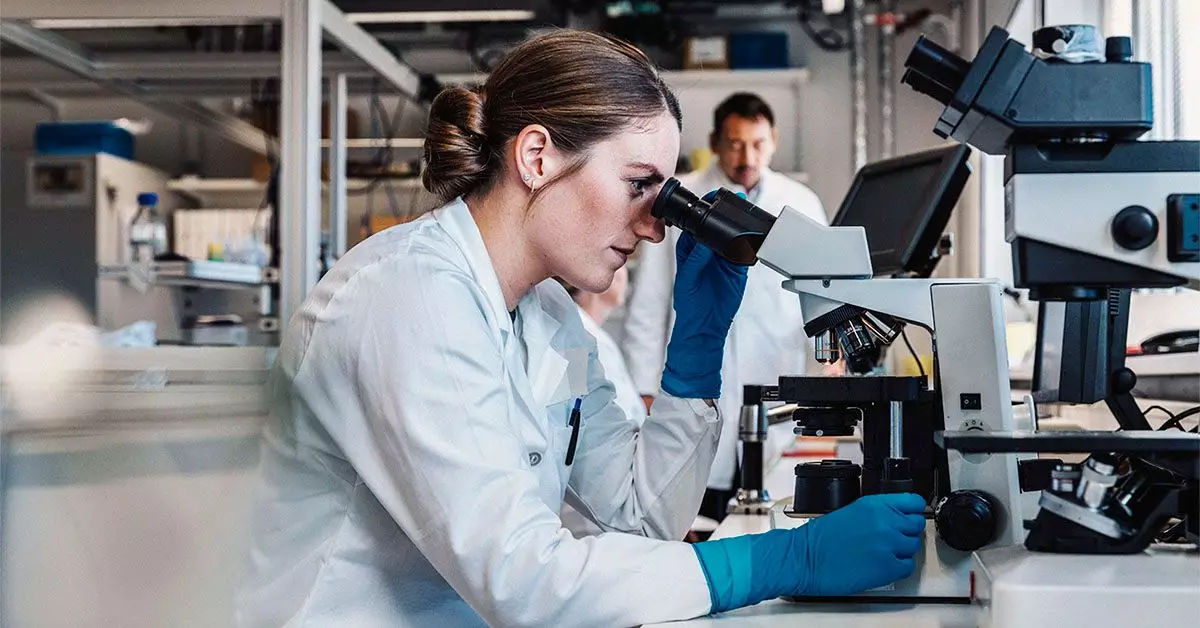In the realm of rare genetic conditions, Hereditary leiomyomatosis and renal cell carcinoma (HLRCC) stands out as a complex and potentially life-altering syndrome. HLRCC is characterized by the growth of benign skin tumors, known as leiomyomas, and an increased risk of developing a specific type of kidney cancer called renal cell carcinoma (RCC). This inherited condition affects individuals on multiple fronts, impacting the skin, uterus, and kidneys.
Root Causes and Genetic Inheritance
At the core of HLRCC lies a significant genetic component. The condition is inherited due to a mutation in the fumarate hydratase (FH) gene, which plays a crucial role in energy production within cells. This genetic alteration disrupts the enzyme fumarate hydratase, leading to the accumulation of fumarate in cells and ultimately contributing to tumor formation. HLRCC follows an autosomal dominant pattern of inheritance, meaning that the presence of a single mutated FH gene copy from one parent is sufficient to pass on the condition to offspring.
Symptoms of HLRCC can vary widely, ranging from the development of leiomyomas, which manifest as benign skin tumors, to the onset of RCC, a potentially life-threatening kidney cancer. Diagnosing HLRCC often involves genetic testing to identify changes in the FH gene. Healthcare providers may recommend testing for individuals with a family history of leiomyomas or RCC or those exhibiting symptoms suggestive of HLRCC. Early genetic identification through testing allows for risk assessment, surveillance, and the formulation of preventive measures.
Managing HLRCC necessitates a comprehensive approach that focuses on symptom management and preventive measures to address the risk of kidney cancer. A multidisciplinary team of specialists, including dermatologists, oncologists, surgeons, and genetic counselors, collaborate to develop tailored treatment plans for individuals with HLRCC. Treatment modalities may include cryotherapy or laser ablation for leiomyomas, medications for uterine fibroids, and surgical interventions when necessary. Regular surveillance for RCC through imaging techniques such as MRI or CT scans is essential for early tumor detection.
The prognosis for individuals with HLRCC is highly variable, contingent upon whether they develop RCC and the effectiveness of treatment interventions. Those without RCC may have a typical life expectancy, while individuals with RCC face more uncertainty based on cancer location, stage, and response to therapy. Survival rates for RCC can fluctuate significantly, with stage 1 RCC boasting a 90% 5-year survival rate compared to a 5% survival rate for stage 4 RCC.
In navigating the complexities of HLRCC, a proactive management approach is vital. This includes routine health screenings, genetic counseling, and close monitoring of symptoms to ensure timely intervention. Genetic counseling provides individuals and their families with essential information regarding the implications of HLRCC, test results, and the psychological impact of living with a hereditary genetic condition. By embracing a proactive and multidisciplinary care strategy, individuals with HLRCC can navigate the challenges posed by this rare genetic syndrome.
Ultimately, Hereditary leiomyomatosis and renal cell carcinoma (HLRCC) presents a unique set of challenges, underscoring the importance of early detection, comprehensive treatment approaches, and ongoing surveillance to mitigate the potential impact of this complex genetic condition.

